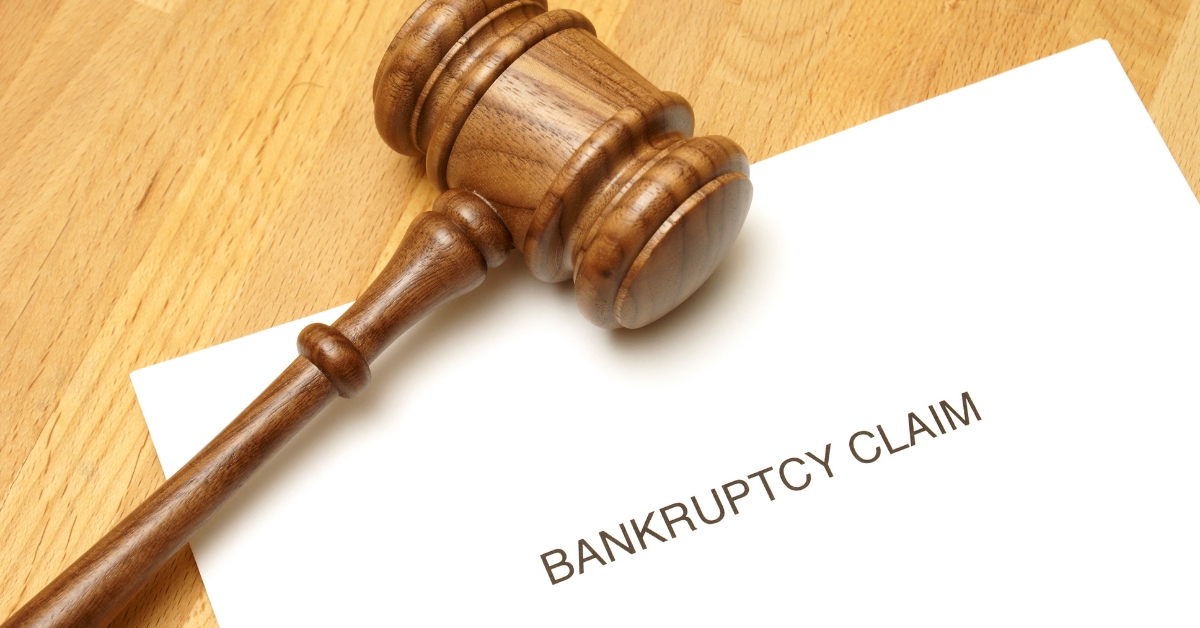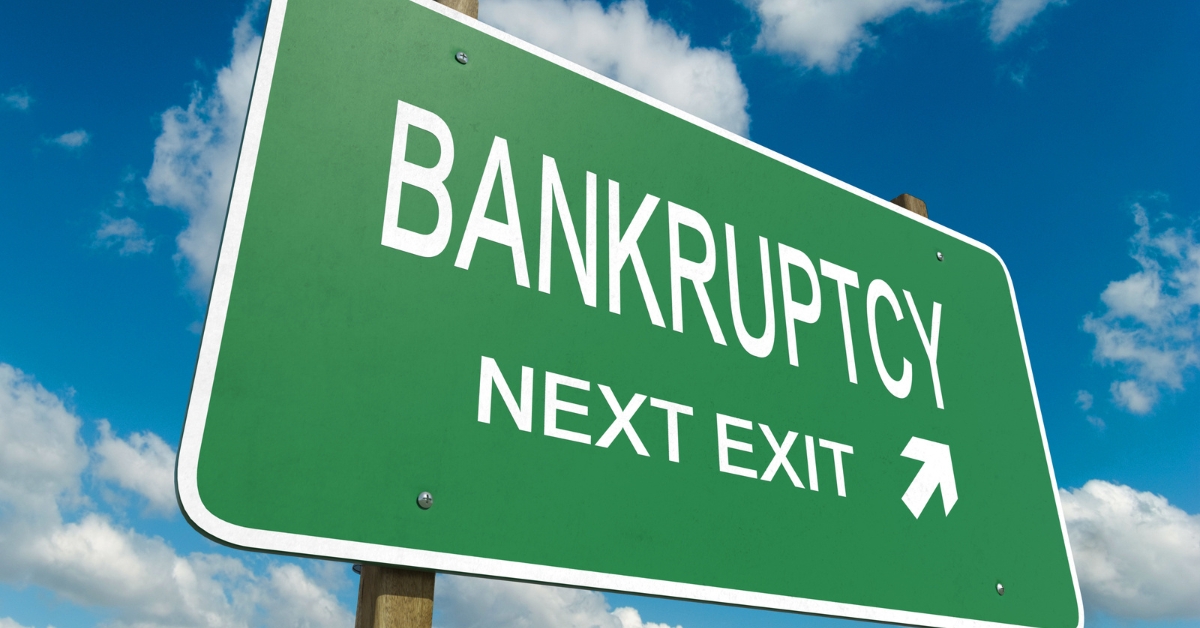Deciding to file for Chapter 13 Bankruptcy is a big decision. So, it is important to know the pros and cons before you commit to a bankruptcy filing.
There are different kinds of bankruptcy. Chapter 13 Bankruptcy has specific advantages, including saving your home mortgage from foreclosure, stopping creditor collection attempts, and repaying your debt over three to five years. It also has disadvantages, like giving up all of your credit cards, the inability to use other forms of credit during the repayment period, restrictions on all non-essential spending, a drawn-out court process, and having to disclose and provide detailed documentation for your financial habits, income, and expenses.
To learn more about the pros and cons of Chapter 13 Bankruptcy, look at this guide. It includes lists of each benefit and disadvantage and

What is Chapter 13 Bankruptcy?
Chapter 13 Bankruptcy is an option for people earning regular wages from a job to consolidate their debt and freeze collection attempts while they actively work towards curing their past due accounts.

It is a wage earner’s bankruptcy plan and accessible to anyone with less than 2.75 million dollars in total debt at the time of the Chapter 13 filing. These bankruptcies are essentially debt consolidation.
There are several things that filers must provide to the court, including:
- A Schedule of Assets and Liabilities
- A Schedule of Current Income and Expenses
- A Statement of Financial Affairs
- A Schedule of Executory Contracts and Unfinished Leases
- Proof of Credit Counseling
- A 3 to 5-Year Debt Repayment Plan
It is important to note that the standard period for repaying debts under Chapter 13 is three years. The judge may approve a longer repayment period in cases with extenuating circumstances or higher debt amounts.
A third-party trustee to oversee the case and collect and distribute payments according to the bankruptcy repayment plan.
Pros of Chapter 13 Bankruptcy
Chapter 13 Bankruptcy has some advantages that made it appealing to more than 126,000 people in the United States in 2022. Interestingly, there were significantly fewer bankruptcies overall, but Chapter 13 filings increased from 117,784 in 2021 to 149,077 in 2022.
However, the total number of bankruptcies fell in 2022 to 370,685. In 2021, there were 418,400 total non-business filings.
That could mean that the cost of inflation on everyday items and housing costs at an all-time high is affecting wage-working individuals more significantly than higher-income earners. However, people may also opt for Chapter 13 due to the benefits below.
- Stops current collection attempts by your creditors and blocks others during the bankruptcy repayment period.
- It allows you to consolidate all of your debts into one affordable payment.
- Guides the repayment process.
- Stops your debt from accruing.
- Stops interest and late charges.
- It allows you to make payments directly toward your principal on many debts.
- Allows you to halt foreclosure on your homestead.
- It gives you the ability to pay off most of your debt in three to five years.
- The filing cost is less than $350.
Cons of Chapter 13 Bankruptcy
While there are many advantages to filing a Chapter 13 proceeding, there are also disadvantages, like the list below.
- You lose your ability to use credit while paying off your debt.
- You have to submit all of your financial records.
- All non-essential funds in your budget go toward your repayment plan.
- Your repayment could take as long as five years.
- Bankruptcy can lead to derogatory credit marks that affect your credit for up to 10 years.
- Traditional mortgage companies are unlikely to lend to you.
- Student loans, child support, and alimony are not included in your Chapter 13 proceedings.
- If your case is dismissed, you cannot refile for Chapter 7 or 13 Bankruptcy for 180 days.
- You may still have debt obligations on mortgages and other liens after repayment.
Should You File for Chapter 13 Bankruptcy?
The decision to file for bankruptcy is personal. It would be best to consider all your options before taking that step. Try to pay down your debts and limit future financial obligations with the 10/20 rule.

Once you file for bankruptcy, you will not be able to spend money on anything that is not necessary. Often if you do that yourself, you can reduce or eliminate your debt without going to court.
Final Advice on Benefits of Chapter 13 Bankruptcy
In some situations, the benefits of Chapter 13 Bankruptcy outweigh the hassle and time it takes to complete a bankruptcy successfully. You can consolidate most of your debt, stop collection efforts, stop foreclosure proceedings, and create a step-by-step plan for paying your creditors off in as little as five years.
So, if you feel overwhelmed by credit card payments and facing homelessness, Chapter 13 Bankruptcy might be the perfect way to get back on sound financial footing.
Look at the other guide on our site for help with other personal finance topics, like what to do when your 401k is losing money.
